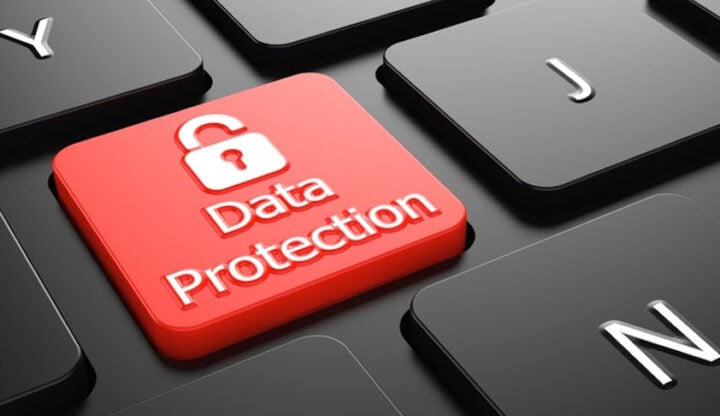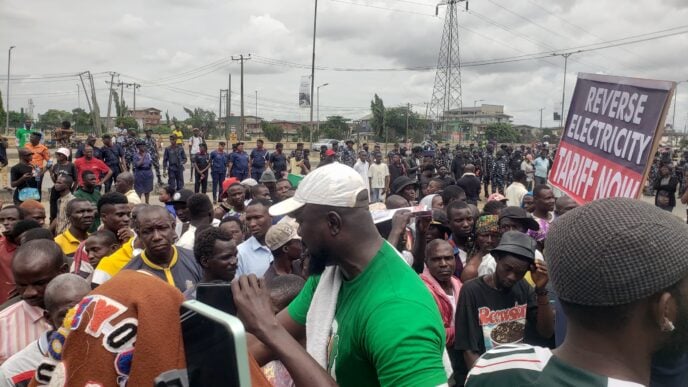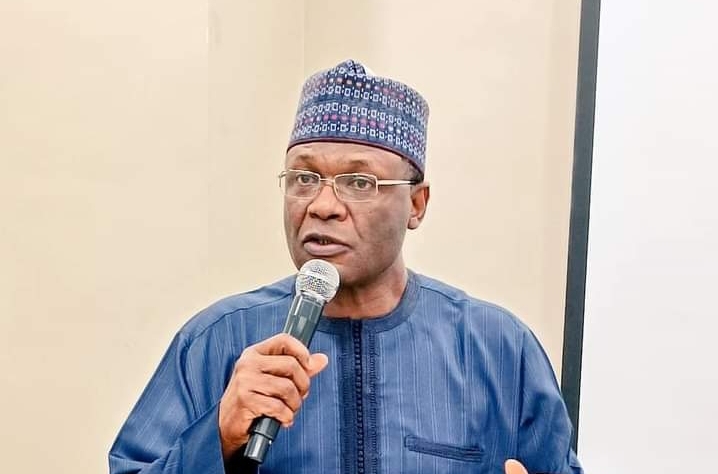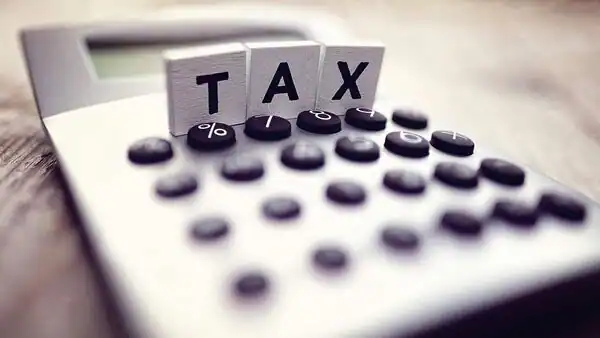BY MUSTAPHA LAWAL
A report released by Accountability Lab Nigeria has revealed that the Nigerian federal government spent about $2.7 billion on surveillance infrastructure between 2013 and 2022. This spending, equivalent to $12 per Nigerian citizen, reflects an increased engagement with digital surveillance by the state. There are suspicions that the investment is targeted at monitoring and suppressing dissent, which could potentially infringe on freedoms enshrined in Chapter IV of the Nigerian Constitution.
To address the impending threats to data privacy that might emanate as a result of this surveillance policy, Nigeria must take decisive steps to strengthen data privacy laws, promote digital literacy, and establish independent oversight mechanisms that will ensure government surveillance does not violate the constitution.
The Nigerian government mostly responds to protests by blackmailing, threatening, and suppressing lawful protesters with force. For example, protesters, activists, and ordinary citizens who participated in the #EndSARS protests in 2020 faced a new form of oppression, including digital surveillance that tracked, intimidated, and punished those who spoke against the government. These suppressive actions set dangerous precedents.
Advertisement
The same report mentions Nigeria as Africa’s largest consumer of surveillance technology within those nine years. During this period, Nigeria purchased some technologies used for internet and mobile interception, social media monitoring, and biometric data collection. Sometimes, the government’s excuse for digital surveillance might seem plausible. However, while mass surveillance may help track terrorists’ activities and combat online fraud, the greater concern lies in its potential normalisation under the pretext of safety.
In a system lacking strong legislative oversight and legal safeguards, unchecked surveillance could easily infringe on citizens’ rights, creating a dangerous precedent for misuse. Nigerians feel the chilling effects of the current surveillance state as data collected through this system is used to unjustly detain, harass, and even torture activists and journalists. The misuse of surveillance technology in Nigeria poses a grave threat to the fundamental liberties enshrined in the constitution.
The case of Muktar Dahiru, a broadcast journalist arrested by the police and remanded in prison for a social media post critical of the government, exemplifies how the government could utilise data surveillance in an unhealthy way. This incident underscores the dangers of surveillance being used to suppress free speech and intimidate those who voice dissent, raising concerns about the broader implications for press freedom and civil liberties in Nigeria.
Advertisement
The national assembly should prioritise passing and amending laws, clearly defining the legal boundaries for surveillance and protecting citizens’ rights. Once enacted, regulatory bodies like the National Information Technology Development Agency must ensure strict implementation and monitoring.
Also, the government should cautiously review the Nigeria Data Protection Regulation. The review should specify how data is collected and used, with penalties for breaches to ensure compliance across sectors. Enforcement of this regulation should include stringent penalties for breaches to guarantee compliance across the board.
Civil society organisations, non-governmental organisations, and educational institutions should take the lead in promoting digital literacy among citizens. These organisations should develop and implement public education campaigns focused on data privacy rights and digital security. Through workshops, online courses, and awareness campaigns, they can empower citizens with the knowledge and tools they need to protect themselves from unauthorised surveillance and data breaches.
Furthermore, it is essential for the government, through a transparent process, to establish an independent oversight body to monitor surveillance practices. Ideally, separate from government influence, this body would be responsible for auditing surveillance activities to ensure they are conducted legally and with respect for citizens’ rights. The oversight body should be able to access relevant information, regulate surveillance technologies, and hold government agencies accountable for misuse.
Advertisement
Indeed, surveillance technology can serve legitimate security needs. However, its current use in Nigeria undermines personal freedoms. Safeguarding privacy is essential to maintaining a free and democratic society.
Mustapha Lawal is a writing fellow at Africa Liberty. He tweets at @themuslaw.
Views expressed by contributors are strictly personal and not of TheCable.
Add a comment










